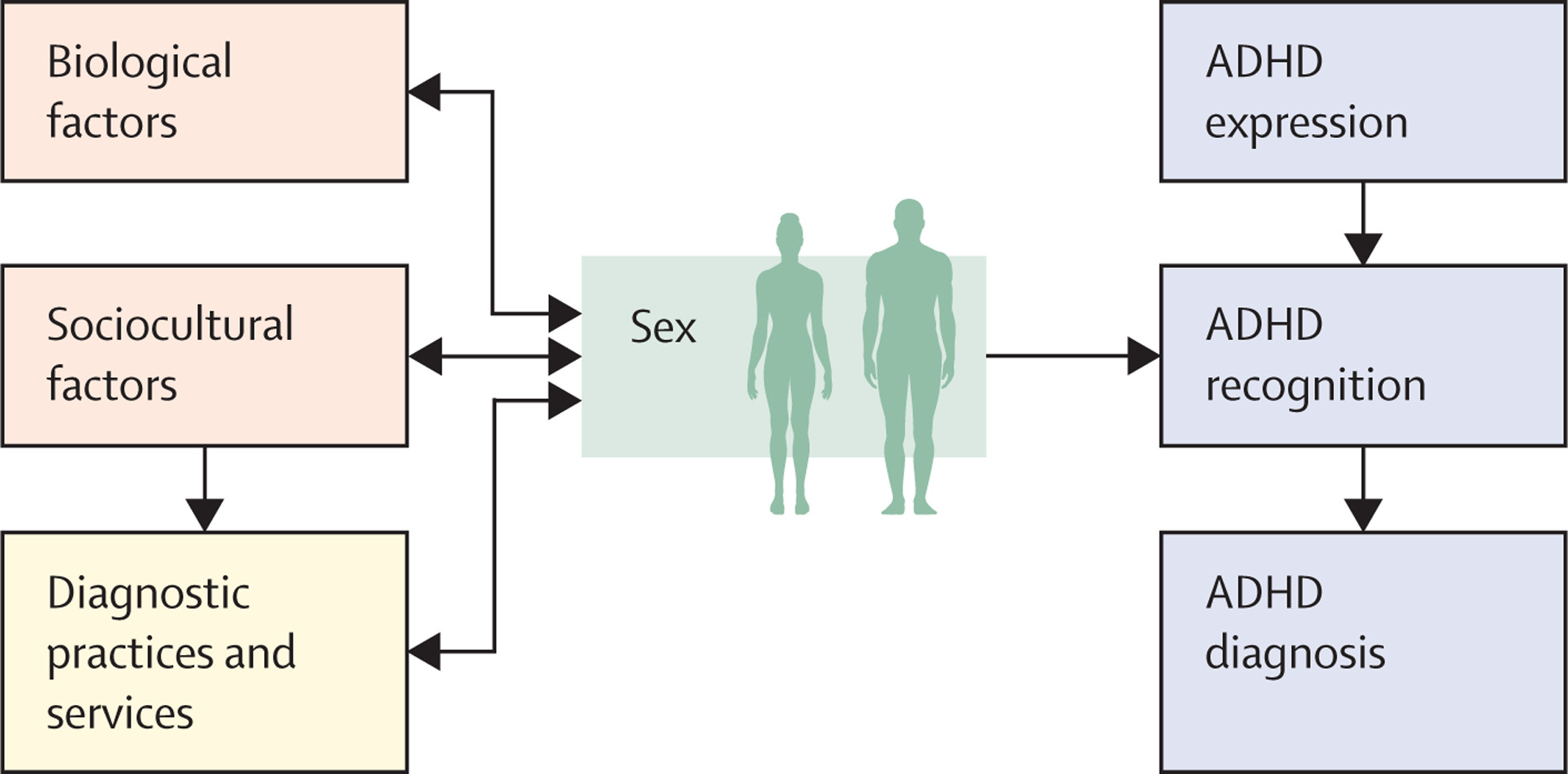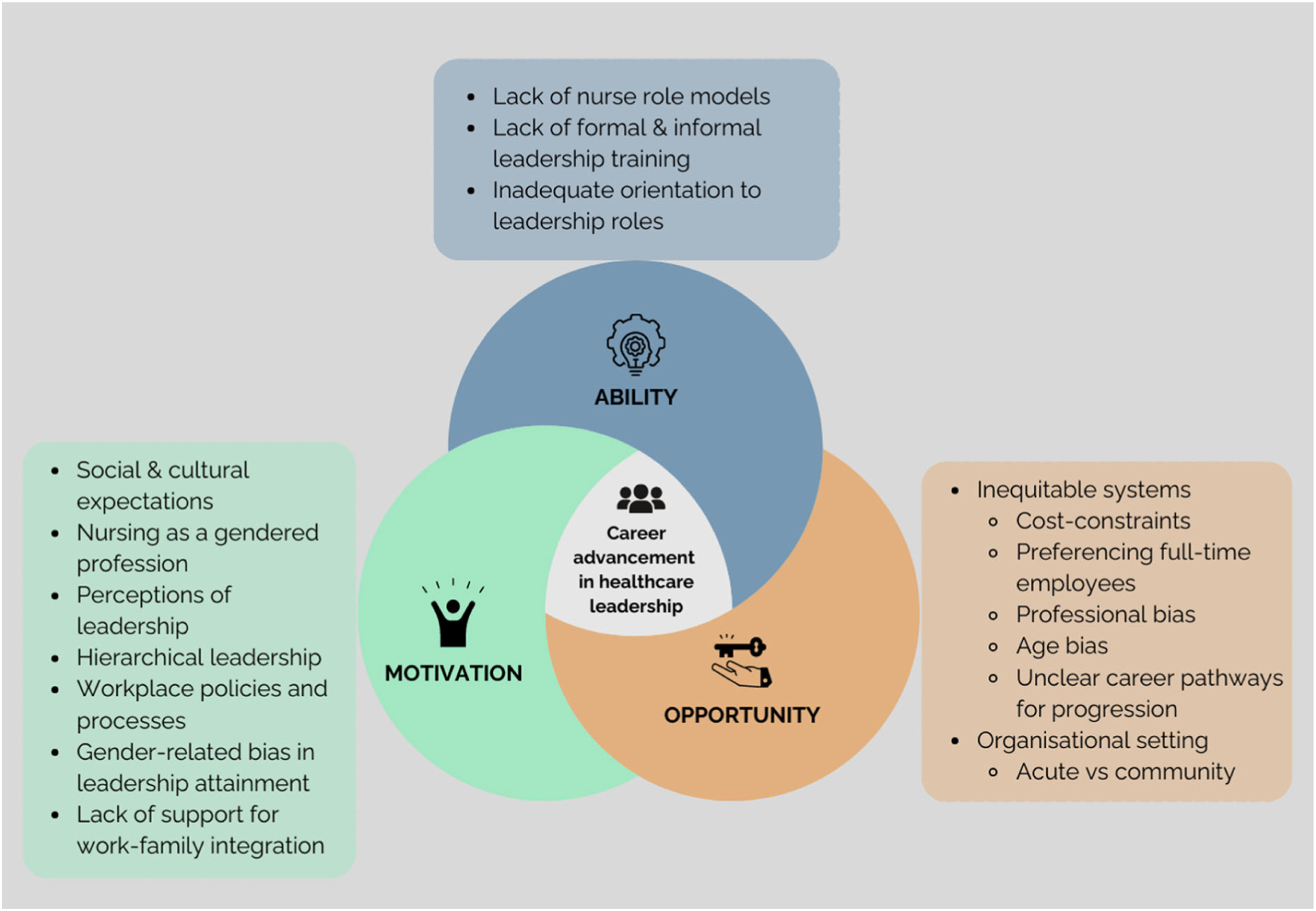Elsevier,
Kidney International Reports, 2024, ISSN 2468-0249, https://doi.org/10.1016/j.ekir.2024.02.014
Hemodialysis (HD) units require large quantities of water. To reduce water consumption without compromising the adequacy and safety of dialysis, we studied a novel HD prescription with high temperature and low flow dialysate.
Elsevier,
Measurement: Journal of the International Measurement Confederation, Volume 226, 28 February 2024
This paper seeks to contribute to pipeline leakage detection research through collecting and simulating leakage signals under different pressure strengths by combining experiments with numerical simulation. The findings point towards better detection in a real noise environment. Such research is vital in the context of increasing worldwide demand for water and insufficient water supply caused by pipeline leakage.
Elsevier,
Current Developments in Nutrition, Volume 8, February 2024
Contemporary global agrifood production systems are striving to feed a growing population of over 8 billion people. The growing population and fast economic growth in low- and middle-income countries (LMICs) are leading to shifts in dietary preferences. Climate change and other challenges also add pressure to the global food system. In this persepctive alternative protein (AP) foods are proposed to support a global protein transition. Whereas AP food innovation has been a strategy to promote consumption of protein sources with low environmental impact in high-income countries (HICs) diets, their relation to sustainable, high-quality diets in low- and middle-income countries (LMICs) remains to be established
Elsevier,
American Journal of Clinical Nutrition, Volume 119, February 2024
The Planetary Health Diet Index (PHDI) is a novel measure adapted to quantify alignment with the dietary evidence presented by the EAT-Lancet Commission on Food, Planet, Health. This review aimed to examine how population-level health and sustainability of diet as measured by the PHDI changed from 2003 to 2018, and to assess how PHDI correlated with inadequacy for nutrients of public health concern (iron, calcium, potassium, and fiber) in the United States. Although there have been positive changes over the past 20 years, there is substantial room for improving the health and sustainability of the United States diet. Shifting diets toward EAT-Lancet recommendations would improve nutrient adequacy for iron, fiber, and potassium. Policy action is needed to support healthier, more sustainable diets in the United States and globally.
Elsevier,
The Lancet Psychiatry, Volume , 2024
This Viewpoint looks at the reasons that females tend to be less likely to be diagnosed with ADHD, are diagnosed later in life, and are less likely to be prescribed medication. It considers potential biological factors including genetic factors, the influence of diagnostic factors such as diagnostic overshadowing, and sociocultural explanations including sex differences in presentation and compensatory behaviour.
Elsevier,
eClinicalMedicine, Volume 67, January 2024
This Article supports SDG 5 by showing that women nurses aspiring to become healthcare leaders face multiple barriers, including cultural, professional, organisational, and individual barriers. The findings should help to inform workplace policies that can lessen these barriers.
Elsevier,
The Lancet Child and Adolescent Health, Volume , 2024
The latest global prison trends from Penal Reform International suggest that approximately 740 000 women are in prison and that the number is rising in most regions. Neither the UN 2030 Agenda for Sustainable Development7 nor the UN definition of vulnerability make explicit reference to human rights of people deprived of their liberty.
Elsevier,
The Lancet Psychiatry, Volume , 2024
Divorce remains illegal in the Philippines, and this Comment considers the legal situation around divorce and the risk of abuse and other mental health implications of this situation for women. It calls for legal changes to advance gender equity.



